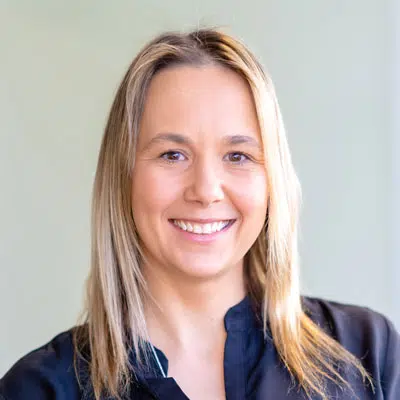Cavities (aka tooth decay) are fairly common in young children. With 4 in 10 non-indigenous and 6 in 10 indigenous kids having holes in their baby teeth. This is because children can be at greater risk of tooth decay than adults. The enamel (tough outer layer) is much thinner and softer on baby teeth. As a parent, you need to be wary of this and watch out for signs of decay. Luckily children’s tooth decay is mostly preventable.
It is important to schedule a dental appointment for your little one after their first few teeth start coming through. At Beaches Dental Mona Vale, we aim to give all of our little patients the tools they need to develop good oral health habits.
In this article, we discuss what children’s tooth decay is, what the causes are, how to prevent it and how to treat it.
What is children’s tooth decay?
Tooth decay occurs when acid from plaque begins attacking the enamel. The enamel is the outer layer of our teeth. It is the hardest substance in the human body but in baby teeth, it is much thinner and softer than in adult teeth. The acid slowly wears down the enamel, causing a little hole to appear. If left untreated the decay can go deeper into the tooth.
Tooth decay can affect development, nutrition and speech in children. In Australia, tooth decay requiring treatment under a general anaesthetic is the third leading cause of hospitalizations for children. This is a strong predictor for carrying tooth decay into adult teeth. This is why preventing children’s tooth decay is so important. We must introduce our children to good oral health care habits from a young age so that they can continue them into adulthood.
What causes tooth decay?
Natural or added sugars in food and drink are converted to acid by bacteria in the mouth. This acid causes tooth decay. You need to monitor your child’s sugar intake. Be careful not to put your toddler to sleep with a bottle of milk, formula or other sugary drinks. It will give the bacteria time to build up and become acidic overnight. You should only give your child these drinks at mealtime. Be sure to clean their teeth afterwards.
Early signs of children’s tooth decay
Early signs of tooth decay in children may be hard to detect without the help of a dentist. The signs can develop over time and become more apparent. You may notice:
- A dull white band or chalky area on the tooth (this can be hard to detect with the naked eye)
- Yellow, brown or black areas on the tooth (this signals the decay has progressed)
- Teeth that appear misshapen and discoloured (a sign of advanced tooth decay)
Other signs to look out for include:
- Swollen gums
- Irritable mood
- Fever
- Toothache
- Sensitivity to hot and cold food/drink
- Bad breath
- Food trapping in or around the teeth
How to treat children’s tooth decay
If you think your child is showing signs of tooth decay, make an appointment at your local children’s dentist. They can do a thorough examination and offer a treatment plan. The main treatment for tooth decay is to fill the cavity or hole. Dental fillings are common procedures. It involves using a special substance to fill the cavity in the tooth’s surface. Fillings offer good protection for the tooth and can last many years. If tooth decay is advanced, then a filling may not be sufficient and a little metal crown may be recommended. In severe cases, an extraction may be needed.
How to prevent tooth decay?
Prevention is much better than treatment. It can save you time, money and toddler tears. Here are the best forms of tooth decay prevention in children:
- Good cleaning habits: teaching your child how to brush their teeth is the best form of protection you can offer. Children need help brushing their teeth until they are about 8 years old.Once your child has picked up this habit it should stay with them for life. You should supervise your child’s teeth cleaning to make sure they brush their teeth for a full two minutes and have cleaned all areas of their mouth. Better yet, brush your teeth together so your child can learn by copying you.
- Regular dental visits: you can schedule your child’s first dental appointment at around six months of age (or once their first baby teeth start appearing). Your dentist will examine your baby’s teeth and give you advice on caring for them. As your child grows up, they should have dental check-ups every six months. This is the best way to ensure any early signs of tooth decay are picked up.
- Only give water at night: it may be tempting to give your child other drinks at night-time, but you should avoid it. By giving them water, you avoid any sugars building up in their mouth overnight.
- Limit sugar intake: you should monitor your child’s sugar intake. Try to avoid sugary drinks like juice and cordial and avoid foods such as lollies and high sugar snacks. When they do eat something high in sugar, you should encourage them to drink water afterwards or brush their teeth afterwards.
Consult your Mona Vale family dentist
At Beaches Dental Mona Vale, we welcome children of all ages. We can work with you through all the dental milestones and help to teach your kids good oral health habits. Book an appointment for your child today at our Northern Beaches Family practice.

